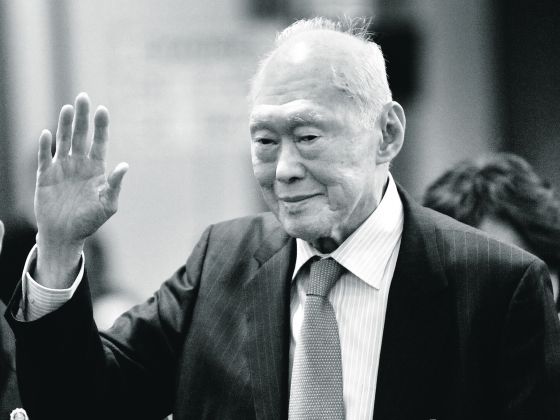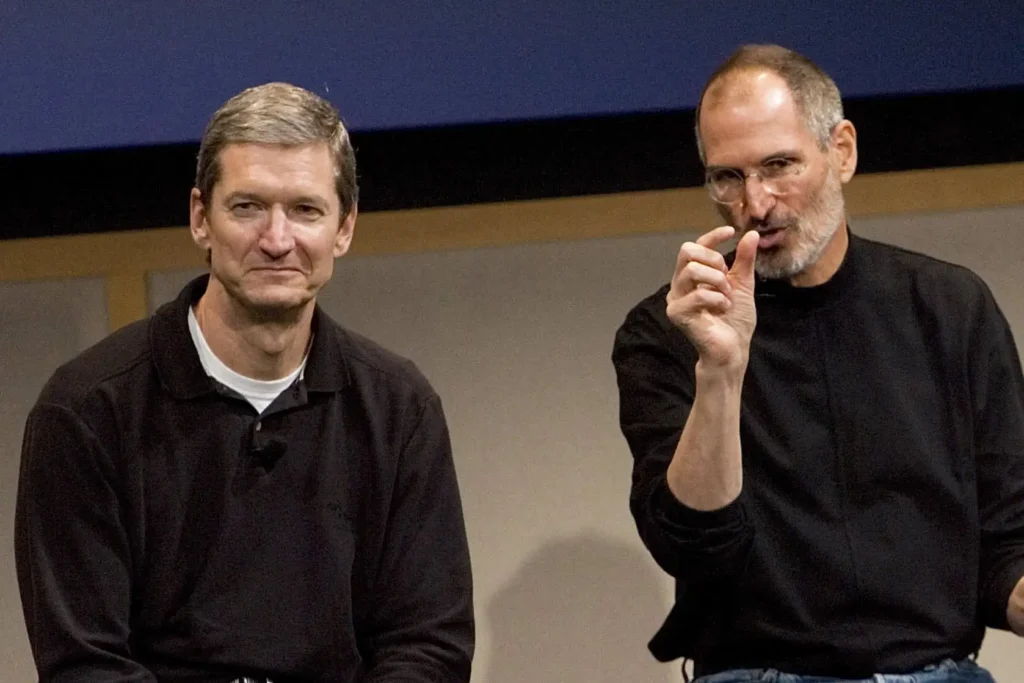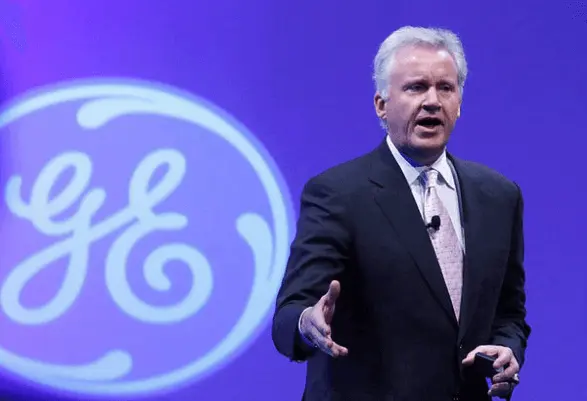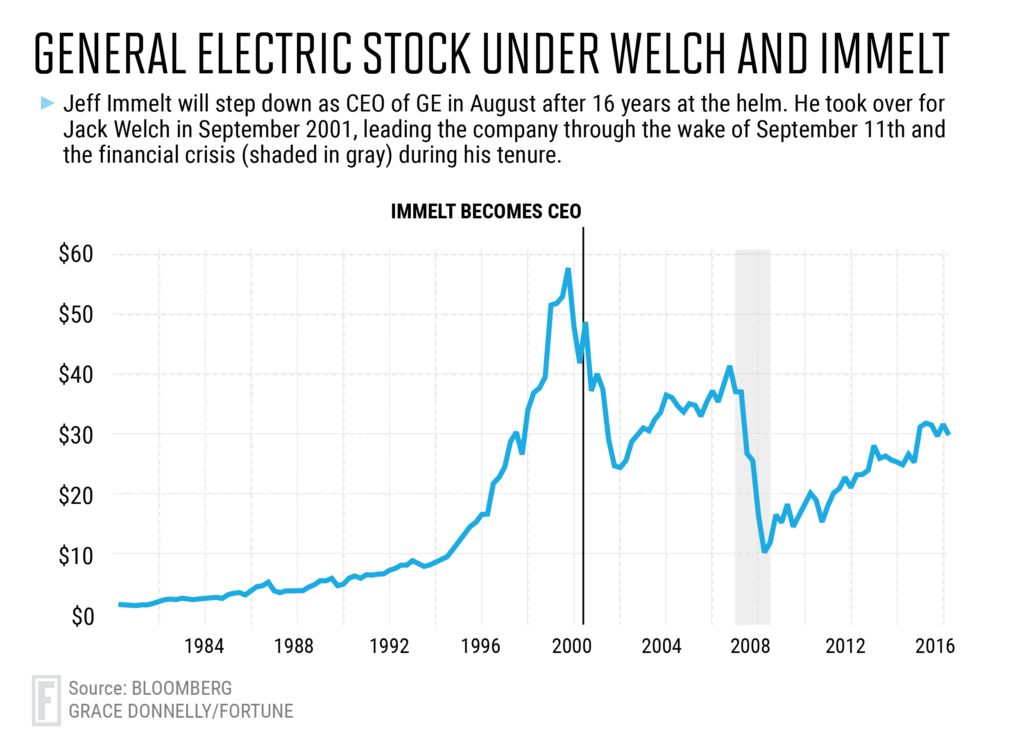This is the second part of my 8-day Udon Thani itinerary. It covers 5 unique temples over 3 days—each one quieter, and impactful for a workation and vaction at temples like Wat Santi Wanaram.

From a giant Buddha on a hilltop to ancient footprints carved into sandstone, this isn’t a checklist for temple-hopping. It’s just what I saw, felt, and noted—maybe it’ll help you feel Udon better, or maybe it’ll just make you slow down a bit when you’re in Udon.
Day 4: The Giant Buddha and the Forgotten Hands
It was 7 AM in Udon. I opened the balcony door with a hot Green Tea; the air smelled of dust, jasmine, and hot tea. The streets were calm—no honking, no hurry, just people moving as if they had time.
I had an omelette and Jok soup at a nearby shop, watching a city that wakes without noise.
By 8 AM, I was headed to Wat Phu Thong Thep, about 50 minutes from Udon Central.
Wat Phu Thong Thep – Udon Thani
It is known for its large statue called “Phra Phutthachai Mongkhon Mahachan Aphipujanee,” or, in our style, we could say a Reverend Father. This statue has a white body and measures 12 metres in width and 17 metres in height, including the base.

I was curious: why do we need a giant Buddha to pray? According to the monk, the giant Buddha isn’t just about worship—it’s about making peace visible from far away.
The entire height of the Buddha, including the base, is 22 metres, making it a prominent sight that can be easily seen from a distance.
You have to climb at least 100 steps or more to reach the top; the temple walls are filled with paintings, beautifully depicting Buddha stories.
From there, after lunch, I went to Wat Phu Taphao Thong.
Wat Phu Taphao Thong & 2000 Year Old Footprints
It took me around one hour to reach Wat Phu Taphao Thong (วัดภูตะเภาทอง). Imagine a peaceful hill where big, natural rocks lie scattered around.

On top of this hill stands a Buddhist temple. Beautiful railings shaped like snake idols called Nagas surround pools of water. You can find special places like a footprint of Buddha formed in the stone and a quiet cave. From a wooden shelter high up, you can get a lovely sunset view.
On some rocks there, you will find handprints and drawings.
They say those footprints are over 2,000 years old. No one knows exactly who left them behind, but many believe it belongs to Buddha.
Mystery Behind the Footprints
Footprints like these appear in many temples across Thailand. I remembered the word pareidolia—our habit of finding meaning in random shapes. Show us any dent, and the brain can spot a heel and five toes. It is the same trick that lets us see animals in clouds.

The scientist in me felt proud of that thought, but on the way back, a foreigner explained it to his child in simpler words: “The temple sits on soft sandstone. When the rock is wet, it is easy to scratch. A monk—or any pilgrim—could press a shallow foot shape, then let the sun harden it.”
Wow! That can be possible, interesting theory, he might be a geologist.
Now that footprint is a reminder that someone stood exactly where I was standing and wanted to be remembered.
The walk was silent. The rocks, scattered like old bones in a graveyard. The sun is harsh but not unbearable becuase of some rainy clouds. I didn’t take many photos; the lighting wasn’t great for a classy shot.

And for a while, I didn’t think about work, or writing, or the next place, just sat, still, breathing. A lot of butterflies were there, dancing around the stones and orchids.
I don’t know why, but while I was there, I thought about my forefathers. Maybe it’s because ancient places like this remind us that we are not the centre of time. We’re just a dot in the same circle, walking where others have walked, wondering the same things.
By 4:30 PM, I was on my way back to Udon. The city looked the same, but I wasn’t.
I logged in and started my corporate day.
Day 5: A Lake, a Lotus, and Some Fish
Today I have to visit two temples, as coming days I will be going for a long ride.
Around 8 AM, after eating some Tom Yum noodles and a protein shake, I booked a Grab to Wat Pa Sawang Tham. It took me around 40 minutes to reach.
Wat Pa Sawang Tham
Once you reach Ban Don Kloi town, you will start getting the vibes of temple. Almost 40 km away from Udon Central.
The temple welcomes you with a long green snake sculpture. After walking along the long-tailed snake, you will reach the temple, where a standing Buddha statue awaits. The chapel and the surrounding lake are so serene. You will find a few Naga statues and monks sitting here and there.

I couldn’t find many devotees. Inside the chapel, you will find another walkway beautifully designed with Nagas and hanging gardens. A few people were near the lake feeding fish. Thai people consider it a holy act to feed fish at temple premises.
Pu Chao Sri Sutho & Lucky Draw
Devotees of Pu Sri Sutho believe this place brings good fortune. Do you remember Pu Chao Sri Sutho, the same Naga King at Kham Chanot?
It’s common for visitors to respectfully ask Pu Chao Sri Sutho for lottery numbers. Many return regularly, convinced the Nagas blessed them after their wishes were granted.
I lit incense, stood under a tree, and watched a group of elderly women laugh while folding garlands. I didn’t know what they were laughing about, but I smiled anyway.
Wat Santi wanaram -Ban Chiang
Around 2 PM, I reached Wat Santiwanaram, the lotus temple. Another 40 km from Wat Pa Sawang Tham. It’s actually close to Ban Chiang musuem.
This is my second visit to this temple. Last time, I came here and acted like a child, clicking too many pictures and wandering here and there. But this time, it affected me differently.

The temple is very similar to the Lotus Temple in Delhi. You don’t expect to find something like this in Udon: a giant white lotus floating on a still lake, like a dream someone forgot to wake up from.
Temples are built for worship, but sometimes, they become mirrors.
We don’t just see the god; we see ourselves—what we long for, what we’ve lost, what we’re quietly carrying. That Tat Tvam Asi (It’s you) moment.
You walk across a bridge guarded by naga serpents, remove your shoes, and enter.
The inside is even quieter than outside. Murals of Buddha’s life wrap the walls. A big Buddha image sits in the centre, calm and complete.

But what stayed with me the most was the silence. It wasn’t the kind of silence you get from emptiness; it was full, as if the temple had something to say but didn’t want to interrupt your thoughts.
I really felt it would be good to hold someone’s hand while sitting there in the peace.
It’s not just memory; it’s how the mind works.
We don’t miss people only in noise; we miss them more in peace.
Lotus Temple and its Impact
I went out and sat beside the pond, just me, the temple’s reflection, and a sky that looked like it forgot how to rain. There were fish looking up with some expectations.
By 5 PM, I was back in the city, logged into work, answered emails, and replied to messages.

But my mind was still wandering. Wat Santiwanaram is a place that changes you without saying a word.
I sat quietly, staring at the spinning fan. At high speed, the blades disappear. You hear only a steady hum, drowning out everything else. Most days, I keep the fan running fast, not because I feel hot, but because I need its noise—a noise that helps me forget other noises, other thoughts, other worries.
But if you slow the fan down, something changes. The blades become clear, and I can see the dust that needs to be cleaned. The soft sound isn’t loud enough to hide the quieter thoughts—the ones we push away, the ones that wait patiently inside us.
Wat Santiwanaram slowed me down, just like that fan.
This day just reminded me what peace feels like.
Day 6: A Morning with Garudas and Nagas
Some days begin like a blank page. Day 6 felt like that: no expectations, just breakfast and go somewhere.
I looked through Google Maps and found Wat Hai Soke, about a 50-minute journey away.
Wat Hi Sok – Udon Thani
I left for Wat Hai Soke after breakfast. The road was quiet, the trees looked half-asleep, and then suddenly, there it was—Wat Hai Soke, standing like an old palace (similar to West Bengal’s terracotta palaces) in the middle of Nong Han district.

The architecture felt… proud. Not grand, not flashy, it just stood quietly—as if it had been waiting for someone who notices the details.
This is the first time I’ve seen a temple with this shade of architecture in Udon.
A temple For Garuda and Nagas
Another interesting thing was the Garuda statue. While many temples might have Naga statues, here, along with Nagas, we can see a giant Garuda as well.

I heard it was designed by a local architect. I wanted to meet him but couldn’t, but I think I encountered his thoughts. You could see them in the staircases, in the curve of the railings, in the way sunlight touched the corners.

People come here to pray for luck and for happiness. I didn’t pray; I just stood and watched others do it, and somehow, that was enough. Sometimes, watching someone else believe feels more healing than praying for yourself.
Wat Sa Manee aka Wat Sa Mani
By 12 PM, I was at Wat Sa Manee, also known as Wat Sa Mani. The temple follows the Thai golden-textured architecture. At the entrance of the temple, you can find Vinayaka and Brahma idols.

A lot of Naga idols and statues can be seen here. It is written that the temple was built in the year 1795, and Phra Athikarn Ban Buddhachitto was the first abbot of this temple.
The chapel is surrounded by four serpent clans—statues, yes, but they don’t feel like stone. They feel like guards, as if they’re protecting something precious inside the temple.
The Four Naga Clans
There are some interesting stories behind this.

In Isaan culture, as in many parts of Southeast Asia, Nagas are revered as powerful, semi-divine beings. They are often seen as guardians of water sources (rivers, lakes, ponds), the underworld, and sacred sites like temples.
They are generally considered benevolent, bringing rain, fertility, and prosperity. There is a categorisation of Nagas in Isaan beliefs and art: the Golden Family (Phaya Wirupanka), the Black Family (the Kanha Khotmanakarat), the Rainbow Family (Phaya Chapphayaputtanakharat), and the Green Family (Phaya Erawat Nakarat) are the four categories of Nagas in Isaan.
Golden Nagas
According to locals, the golden Naga family descended from the heavens to protect the temple’s relics from thieves and invaders. It is said that during times of danger, the golden Nagas emit a radiant light to blind enemies and guide devotees to safety.

Their shimmering scales are believed to be fragments of the sun, gifted by the gods for their unwavering loyalty to the Buddha’s teachings. I believe the word Phaya Wirupanka might be inspired by Virupaksha.
Black Nagas & Rahu
Another story I heard from Nakhon Phanom Province is that the black Naga family once battled a fearsome river demon that caused floods and drowned villagers.
The demon, Rahu (the same Rahu from Hindu mythology), hid in the Mekong’s (the Mekong is the Ganges of Thailand) depths. He used illusions to pretend as a giant algae, but the black Nagas used their immense strength and vision to drag it to the surface and crush it with their coils.

I was able to connect this story because during my childhood, my grandma told me that Rahu is the master of illusion (Maya). He creates hallucinations in our minds. To overcome this, we should pray Nagaraja (Naga Lord) at Vettikodu temple.
To honour the black Naga’s victory, villagers began weaving black Naga motifs into Bai Sema (temple boundary stones) to ward off evil spirits. Some say the black Nagas still patrol the Mekong at night, their eyes glowing like embers in the dark.
Rainbow Nagas
I believe Rainbow Nagas are likely connected to water, agriculture, and the monsoon. This is related to the Naga fireball phenomenon on the Mekong. A folktale from Bueng Kan Province describes how the rainbow Nagas once ended a devastating drought by weaving their multicoloured bodies into a bridge between the clouds and the earth, coaxing the rain to fall. Farmers still invoke their name during Bun Bang Fai (rocket festivals) to ensure abundant harvests.
Green Nagas
I don’t know much about the Green Naga Family, but one story from Sakon Nakhon, a village in Isaan cursed by a witch’s spell, causing crops to wither and rivers to dry, tells how the green Naga family emerged from a sacred pond, their scales dripping with medicinal dew, and restored fertility to the land.

They taught the villagers to plant rice in harmony with the seasons and to honour the spirits of the forest. Today, green Naga motifs adorn spirit houses and rice barns in Isaan, symbolising their role as stewards of nature.
Some elders claim the green Nagas still dwell in the Phu Phan Mountains, guarding ancient forests from destruction.
An End to the Day, Not to the Mythhh!!
I tossed a coin into the water, not wishing for anything, just thanking the day for being kind. By 3 PM, I was back in Udon, logged in, replied to two dozen emails, fixed some ad copies, took a nap, and woke up calm at 10 PM.

I went out and had some beer. And while sipping it, I kept thinking: You don’t have to believe in spirits or stories, but when the air feels heavy and peaceful at the same time, you just know something sacred is happening—even if science can’t explain it.
Next Two Days – A Road Not Taken
These three days slowed me down in ways I didn’t expect. Somewhere between giant Buddhas, fading handprints, and temples floating on silence, I stopped chasing meaning—and started noticing it. Udon Thani still isn’t done whispering. But you have to walk slowly enough to hear it.
Next, 2 days—if this were a TV serial, the preview might go like this:
Who built a temple deep inside the forest and filled it with murals no camera can capture?

And why do some temples feel like they’ve been waiting—not for worship, but for someone to simply arrive without answers?
For now, I leave you with this thought:
Does a footprint last 2,000 years because sandstone resists the weather, or because humans resist being forgotten?






























